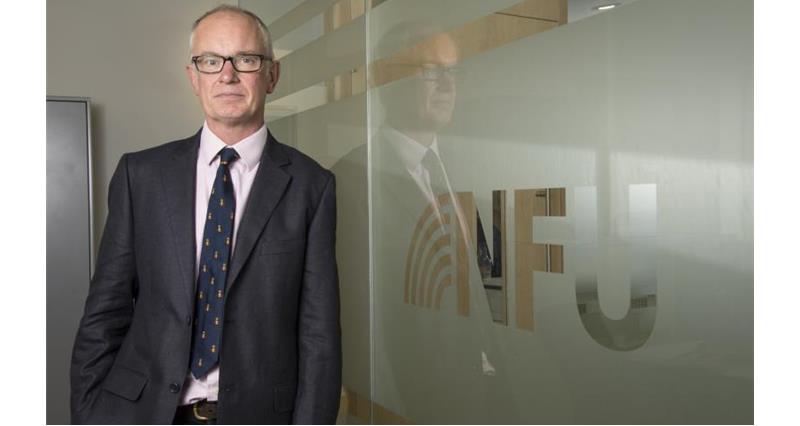He writes:
With a good crowd, great home produced food and the sun splitting the sky, what more could you ask of this year’s NOCC16? But OF&G went one step further and booked a range of excellent speakers.
The day was hosted by Richard Morris who runs the 2,500 acre Wimpole Estate for the National Trust. The farm is fully organic and certified through OF&G, and is home to almost 1,000 acres of arable crops, rare breeds of cattle and sheep plays host to over 150,000 visitors a year through the National Trusts open farm programme. The line-up of speakers included Dr Amanda Bennett from AHDB, Andrew Saunders from Tulip (part of the Waitrose Farming Partnership) and Paul Moore from the OTB to name just a few.
The morning sessions’ focus was very much on the farm. Talks about soil management highlighted that earthworms can be used as an indicator of soil quality. Earthworms provide free labour and fertiliser as they can break down the organic matter which can then allow bacteria and fungi to release those valuable nutrients in the soil. This is something at any farmer, regardless of their farming system, needs to have in his tool box if he is to get the best from his soils.
Our farm walk put into practice what we had been told in the morning, as we took a closer look at the soil structure of one of Wimpole’s fields. By digging a 6ft hole in a couple of areas around the field, it taught me that the soil structure below the layer of topsoil is also incredibly important to consider, especially on compacted soil structures.
The afternoon session focused more on the supply chain and how the Waitrose Farming Partnership (WFP) has made their success. Their key focus is to increase the amount of home grown cereal and other combinable crops and to get involvement from a cross sector of businesses from the organic supply chains.
But later in the day we learn that the UK organic market is massively determined by the structure and decisions of the top four retailers and consumers are having to access organic products via alternative channels, like online independents as they simply are not on offer in the largest retailers.
It strikes me that we still look at the organic sector as a niche market, but in fact organic sales in the UK are outperforming FMCG food sales and consumers do actively seek out organic products.
Therefore I feel that the top four retailers need to look at their offering in store and challenge their distribution systems as this is usually the symptom of the limited routes to the retail market the organic sector faces.
